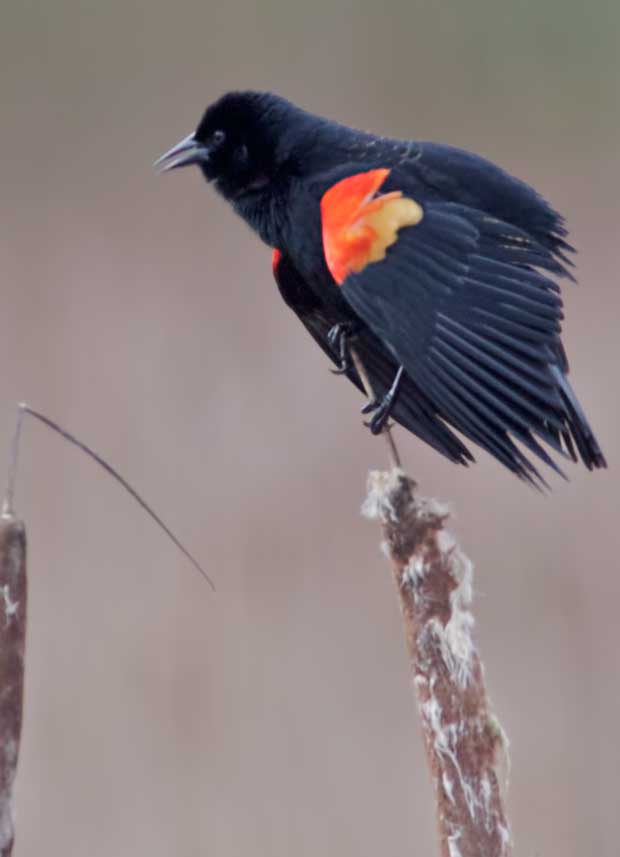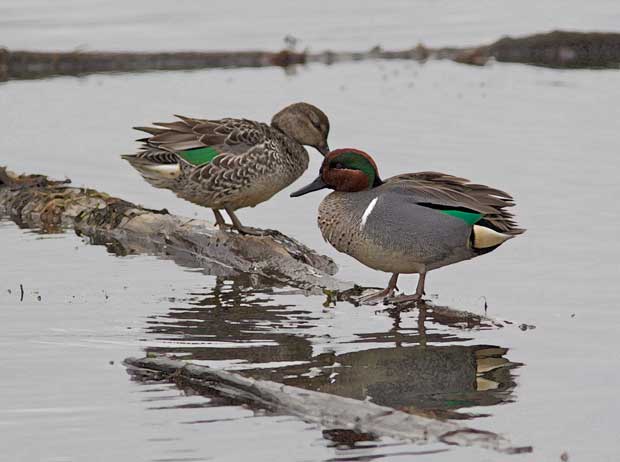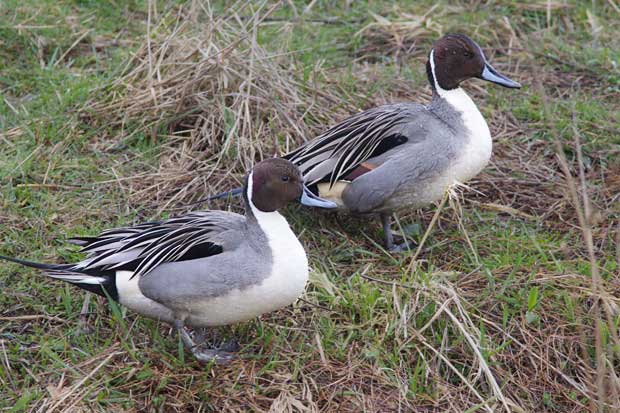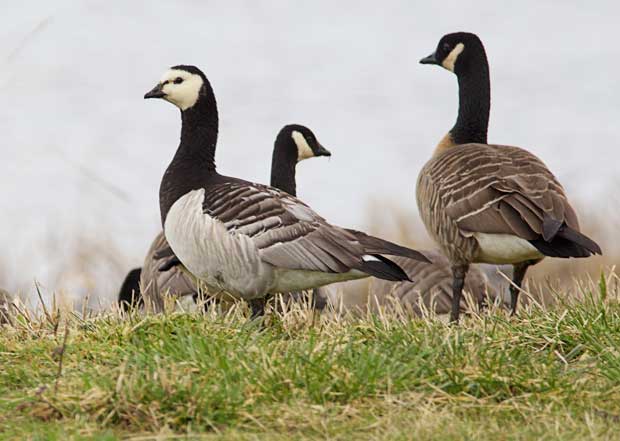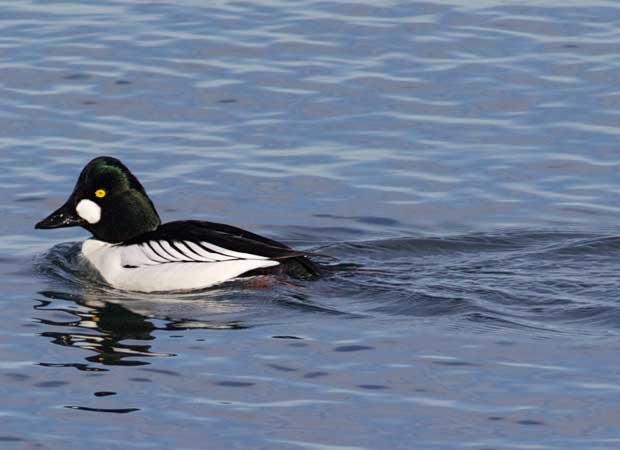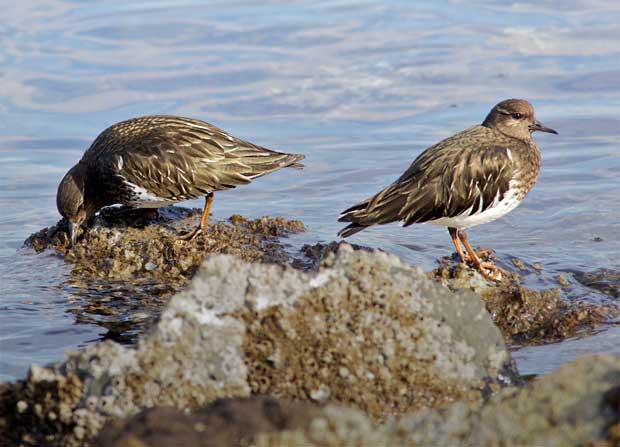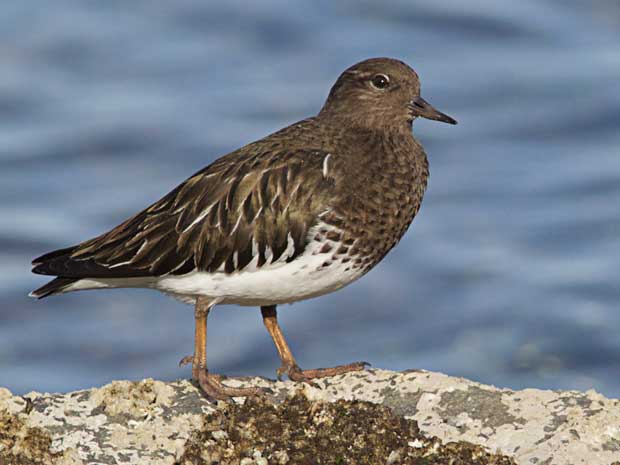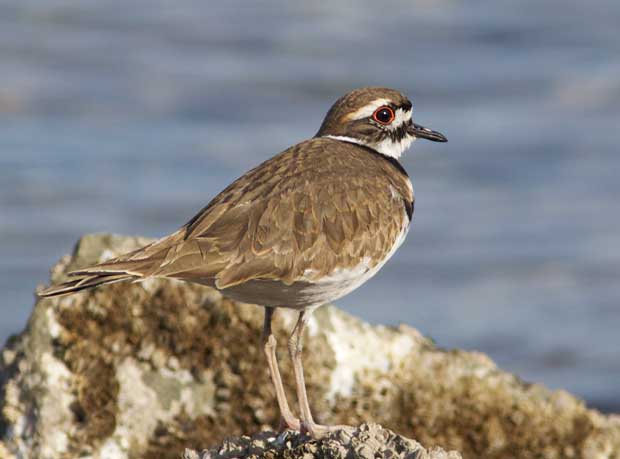I had an extremely difficult time picking a poem from the latter third of Lisel Mueller’s Alive Together: New And Selected Poems, which perhaps isn’t surprising since I felt much the same way about the first section of the book, new poems.
There is something magical about this poem that appeals to the child in me, the part I’ve been increasingly indulging in movies like Despicable Me and Up, two of my favorite movies in recent years.
THE EXHIBIT
My uncle in East Germany
points to the unicorn in the painting
and explains it is now extinct.
We correct him, say such a creature
never existed. He does not argue,
but we know he does not believe us.
He is certain power and gentleness
must have gone hand in hand
once. A prisoner of war
even after the war was over,
my uncle needs to believe in something
that could not be captured except by love,
whose single luminous horn
redeemed the murderous forest
and, dipped into foul water,
would turn it pure. This world,
this terrible world we live in,
is not the only possible one,
his eighty-year-old eyes insist,
dry wells that fill so easily now.
I suspect if the poem only consisted of the the phrases, “A prisoner of war/ even after the war was over” I would still love it, perhaps because I’ve recently been re-watching Apocalypse Now in preparation for re-reading The Heart of Darkness, and that seems to have stirred up some old feelings from Vietnam.
Nor do I believe it’s only the narrator’s uncle who wants to believe that “power and gentleness” can go hand in hand. It may be impossible not to see “this terrible world we live in,” especially if you’ve experienced war, but most of us desperately want to believe this is not the “only possible one.”
Lisel Mueller does a good job of balancing these two realities, which, for me, at least, makes her poetry irresistible.

